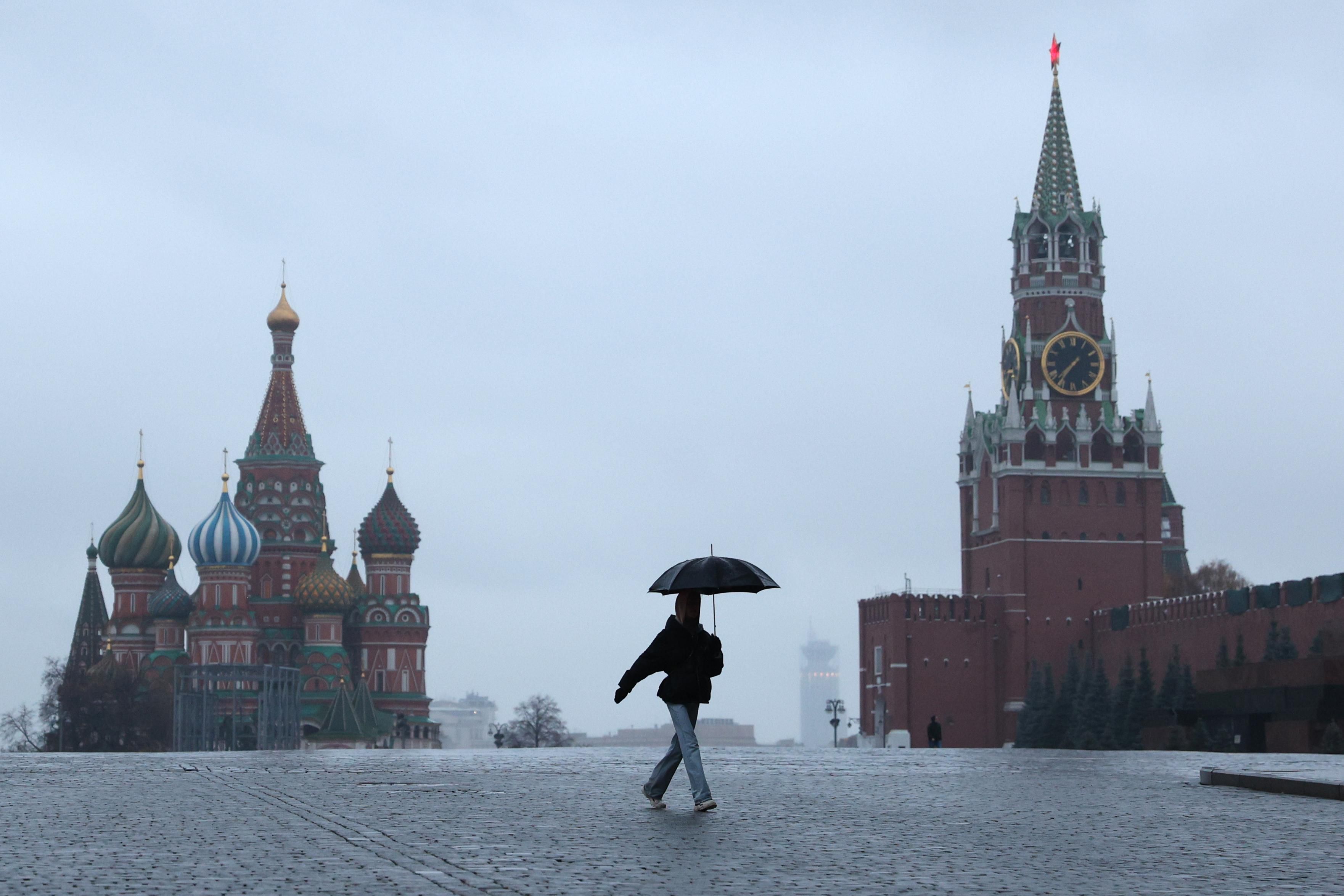Hard Numbers: Moscow's lockdown, Brazil's economic woes, US troops in Taiwan, US' sluggish growth
11: Hit by a massive new COVID wave, Moscow has issued an 11-day lockdown of schools, businesses, and all "non-essential" services. Russia is now one of the countries hardest hit by the pandemic, having recorded 400,000 deaths by some estimates. Russia's high rate of vaccine skepticism isn't helping.
7.75: Brazil's Central Bank raised interest rates to 7.75 percent Wednesday – the highest level in twenty years – in order to clamp down on pandemic-fueled inflation. Brazil's flailing economy is just one of several big problems facing President Jair Bolsonaro as he struggles in the polls ahead of next year's presidential election.
1: Taiwan's president Tsai Ing-wen confirmed for the first time this week that US troops are stationed on Taiwanese soil to help protect the island from Chinese aggression. This revelation comes as relations between Taiwan and China are at their lowest point in decades after Beijing recently sent a record number of military jets into Taiwan's air defense identification zone.
2: The US economy grew by a sluggish 2 percent year-on-year in the third quarter of this year compared to 6.7 percent in the previous quarter. Economists had warned that growth would contract – a lot – amid recent supply-chain disruptions and a decline in consumer spending.
